Essential Kitten Care: A Guide from ZiDtia

At ZiDtia, renowned for our durable iron chicken coops, we also value the well-being and proper care of smaller, furrier family members—kittens. Proper care from birth through the initial weeks of life is crucial for the health and happiness of your new kitten. Here’s our guide on how to nurture your newborn kitten into a healthy, joyful companion.
Initial Care for Newborn Kittens
Weight and Development: Newborn kittens weigh about 3 to 4 ounces and should double their weight by the end of their second week. It’s vital to monitor their weight gain to ensure they are developing properly.
Feeding: The first feed should be colostrum, the mother's first milk rich in antibodies, crucial for disease protection. If a kitten cannot nurse, consult your vet immediately about suitable alternatives like a kitten milk replacer.
Important Milestones
Eyes and Mobility: Kittens open their eyes around two weeks after birth, showcasing beautiful blue-grey eyes that will change color as they mature. By the end of the second week, they typically start crawling and soon begin walking.
Health Monitoring: Watch for signs of distress or insufficient feeding such as constant crying or lack of movement. These could indicate health issues that require veterinary attention.
Nutrition and Feeding
Hand Feeding: If you must feed a kitten by hand, always use specially formulated kitten milk replacer. Cow or goat milk is not suitable and can lead to serious health issues.
Weaning: Kittens start weaning at about four weeks and transition to solid foods by 8-10 weeks. Introduce solids gradually, mixed with kitten milk replacer, until they can eat solid food independently.
Health Concerns
Constipation and Diarrhoea: Regular monitoring of a kitten’s stool is essential. Contact your vet if there are no droppings within 24 hours or if diarrhea occurs, as these can be signs of health problems.
Training
Litter Training: Mother cats stimulate their kittens to excrete, but if hand-rearing, you’ll need to gently rub the kitten’s rear with a warm, damp cloth over a litter tray. This helps them learn where to relieve themselves.
Preparing for Adoption
Socialization and Independence: Kittens are usually ready for new homes after 8 weeks, but a longer stay with the mother and littermates up to 12 weeks is ideal for proper socialization and training.
No comments





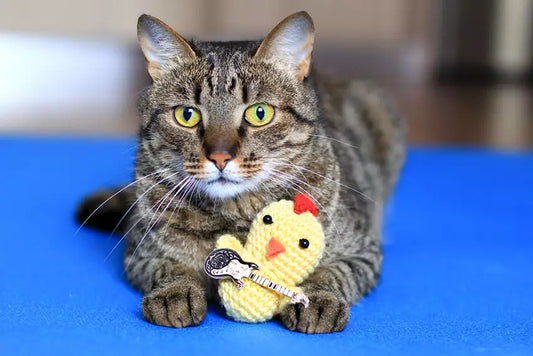




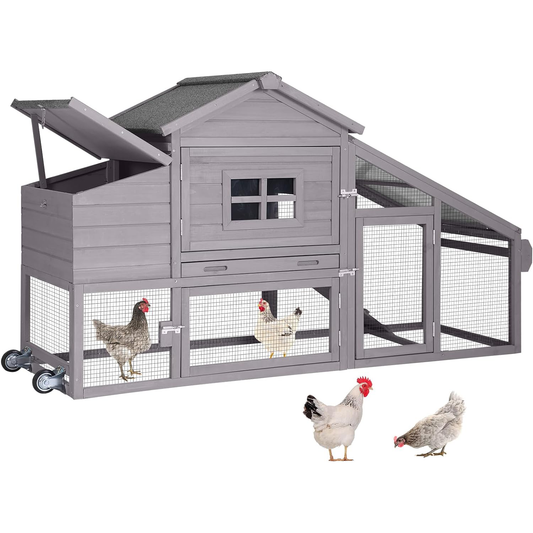



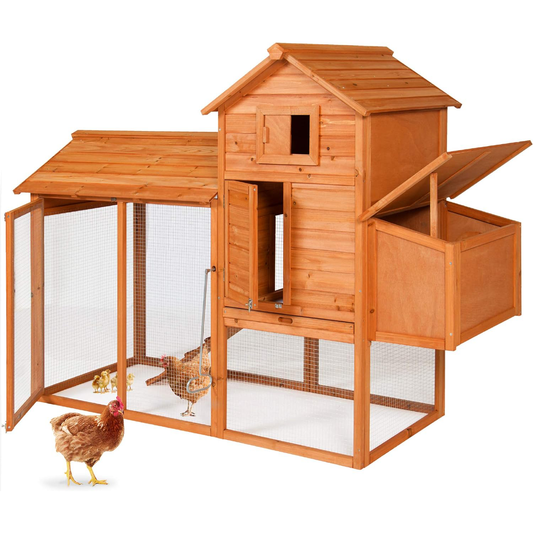
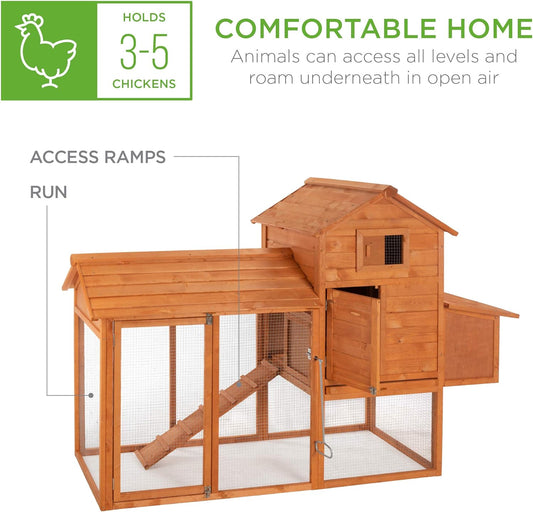

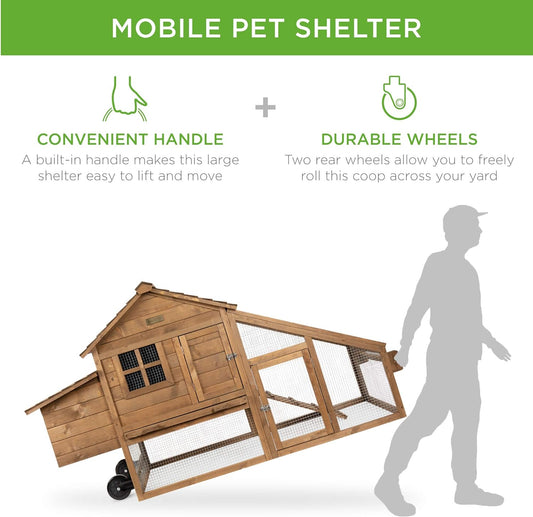
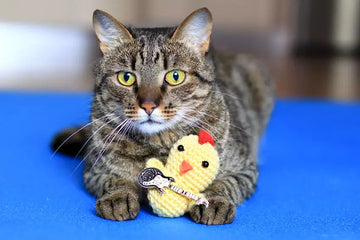


0 comments